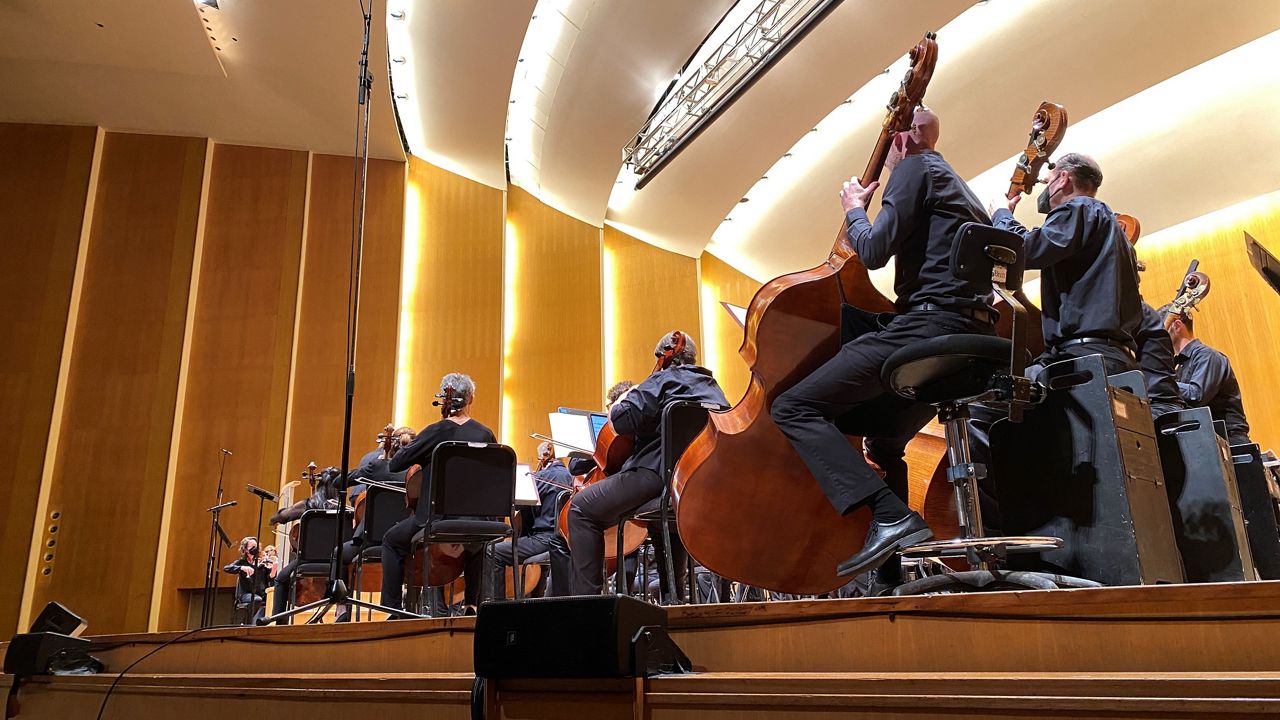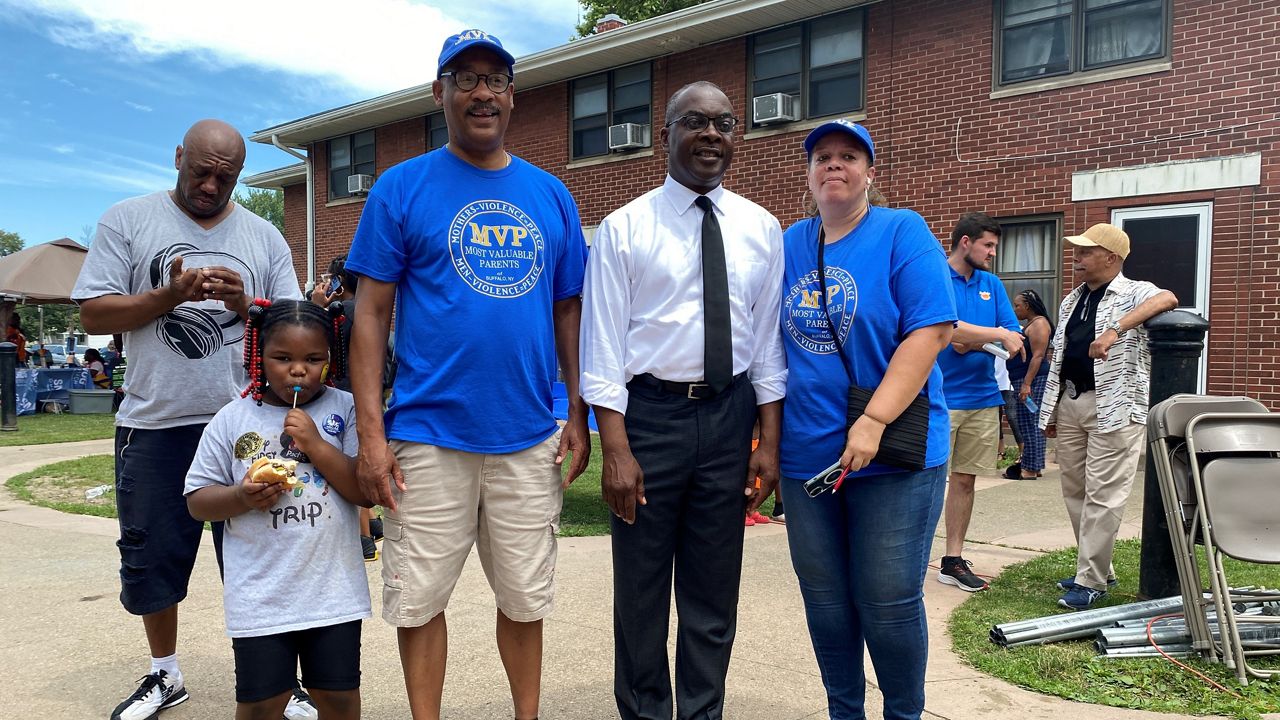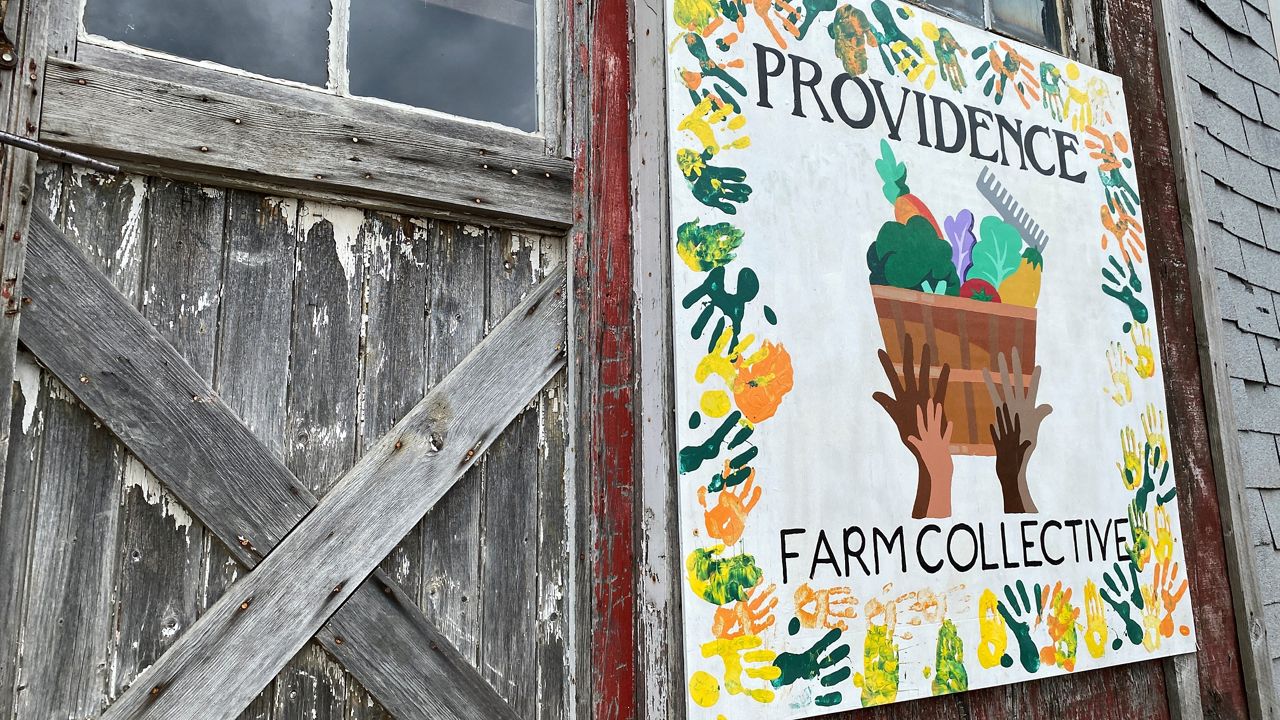BUFFALO, N.Y. — The University Coalition of Block Clubs are sounding the alarm on the opening of the Hopewell Center in the Cleve-Hill plaza at 1461 Kensington Ave., which will provide outpatient treatment for opioid use disorder.
Residents who organized a protest outside of the site Saturday say the area is already saturated with similar facilities, and the location just doesn’t make sense.
“I’m angry that this organization feels that this residential area needs this clinic and it does not,” said Shekinah Powers, a member of the University District Block Club Coalition. “There are already five located under two miles within the area. There’s one located on Holden Street, there are three located on Main Street, and there’s one located on Bailey and Kensington. We don’t need another one.”
Residents also say they were never notified nor asked for input about the clinic, a point that caught the attention of local representatives who sided with the protesters.
“We don’t operate in a vacuum," said University District Councilmember Rasheed N. C. Wyatt. "This should have never been approved without the input of the residents; how do you do that?”
“We’re always going to stand with the needs of our residents," said Erie County Legislature Chair April Baskin. "They elect us to be their representative voices in government, to not stand by and tolerate the abuse that they have had to endure for far too long in Western New York.”
Community members say they understand the need for centers like Hopewell, as data shows nearly a life has been lost every day to opioid abuse, but claim putting the clinic in a residential area can come with problems, like decreased property values and increased crime, traffic and pollution.
“I have nothing against clients that are seeking to better themselves, to kick their drug abuse or any type of addiction that they do have,” said Aletheia Cross, member of the Judges Row Block Club. “But it should not be in a residential area like this in a strip mall.”
Although representatives for the clinic say it will serve everyone, residents are angry with reports that Hopewell will bus patients from areas outside of Buffalo, including from Native American reservations, to the Kensington Avenue location. Some say that if a new facility is needed in Buffalo, it should be somewhere advantageous to city residents that need the help as well.
“We have communities that are having drug problems in Black Rock or Riverside,” said University District resident House Anthony. “We have problems that are in the West Side, and if they’re having those problems there dealing with drug dealers, wouldn’t that make a logical amount of sense to say put those facilities there?”
Some residents believe one reason the site was chosen was because the area is predominately Black and that members of underrepresented communities typically aren’t given a say about what comes in to their neighborhoods. The University District’s residents say they are determined to change that.
“I think it’s a form of preying that they think they can get away with, but not this time,” Powers said. “And I’m confident that with our petitions and with our faith and with our stand, we will overcome them.”










